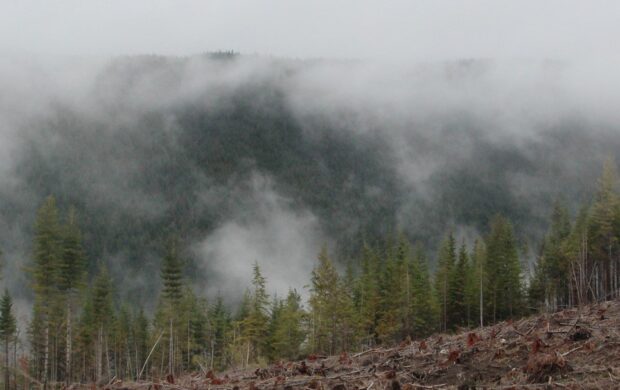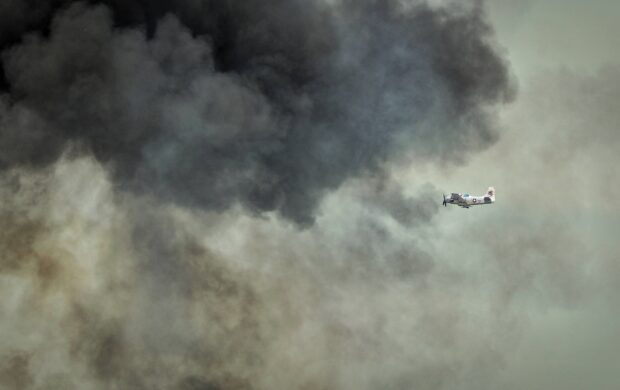Ecological crisis
The world is now facing a stark ecological crisis due to unsustainable patterns of production and consumption that are extractive and linear. Underlying this are trends such as the massive expansion of global trade since the 1990s under the dominance of the neoliberal economic model, rapid urbanisation, and the growth in human population coupled with a steady rise in Western-style consumerism.
These trends are driving an unprecedented destruction and degradation of nature, using up natural resources at such a rapid rate that nature is not able to replenish itself. According to the 2020 Living Planet Report, published by the Worldwide Fund for Nature (WWF), the world has lost 68% of monitored populations of mammals, birds, amphibians, reptiles and fish in the last 50 years.
Read more
Current Trajectory
Since the industrial revolution, human activities have increasingly destroyed and degraded forests, grasslands, wetlands and other important ecosystems, threatening human well-being. Many scientists are now calling this loss of biodiversity and nature the “sixth mass extinction”, one that is driven by human activity, as without human activities, such a level of loss would have taken thousands of years.
Wild animals now account for just 4% of all mammals worldwide – the remaining 96% are humans and agricultural livestock. Even here biodiversity is diminishing due to the impact of globalised market forces, as local varieties and breeds of domesticated plants and animals are disappearing.
Implications
The ecological crisis and related loss of biodiversity is a deep tragedy with potentially very severe implications for humanity, as we are not separate from nature. Human societies are living systems that are intertwined and interdependent with healthy ecosystems that provide our basic needs – food security and resilience, clean water, fresh air, health and wellbeing.
Degradation has systemic impacts, as shown by the connection of the COVID-19 pandemic to deforestation and the illegal wildlife trade. Deforestation further amplifies climate breakdown and the water crisis. Weakening of ocean ecosystems through overfishing, pollution and climate change threatens the collapse of food webs – and the ability of many human communities to feed themselves. The loss and degradation of topsoil worldwide is both accelerating climate change and hampering our ability to feed a growing population. We have to act now – within this decade – to reverse this destruction and embark on a massive drive of ecological restoration.
Supporting evidence:
- According to the Living Planet Report, 75% of the Earth’s ice-free land surface has already been significantly altered, most of the oceans are polluted, and more than 85% of the area of wetlands has been lost.
- The most important direct driver of biodiversity loss in terrestrial systems in the last several decades has been land-use change, primarily the conversion of pristine native habitats into agricultural systems; while much of the oceans have been overfished. Globally, climate change has not yet been the most important driver of the loss of biodiversity. However, it is projected to become as important or more than the other drivers.
- Fewer and fewer varieties and breeds of plants and animals are being cultivated, raised, traded and maintained around the world, despite many local efforts, which include those by indigenous peoples and local communities.




Join discussion